For more than a decade, Sheffield Church Action on Poverty has organised an annual pilgrimage designed to raise awareness and understanding of how poverty is affecting people in Sheffield.
Each pilgrimage has involved a circular walk around a specific area of Sheffield, stopping at different faith-based initiatives which aim to reduce the effects of poverty in the city to hear about their work.
Changed circumstances mean that we can’t take you to the initiatives, so we are organising a ‘Virtual Pilgrimage’ to bring the initiatives to you.
We’re inviting you to take part by viewing short videos covering the work of several initiatives and then, if you want to ask questions or find out more, take part in a Zoom meeting with project organisers.
This year we’ll be visiting:
- Help Us Help, an initiative to help the homeless and rough sleepers
- Manor Church and Community Project
- Parson Cross Initiative, PXI, which is celebrating its 10th anniversary
- Attercliffe and Darnall Mission.
Be open to being challenged and changed by what you see and hear by viewing the videos and taking part in the Zoom conference.
The videos can be viewed now by clicking the link below. The Zoom meeting will take place on Wednesday 7 October at 7:30pm.
If you wish to attend the Zoom meeting please contact Briony Broome by clicking the button below, or call 07801 532954.

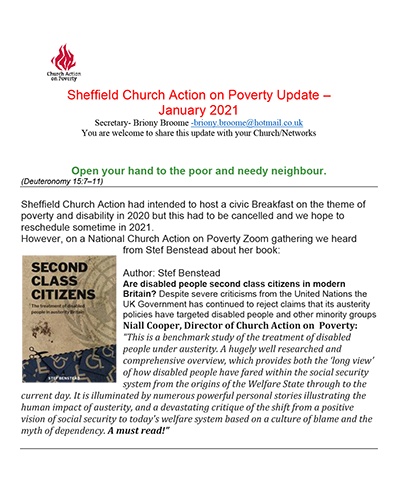
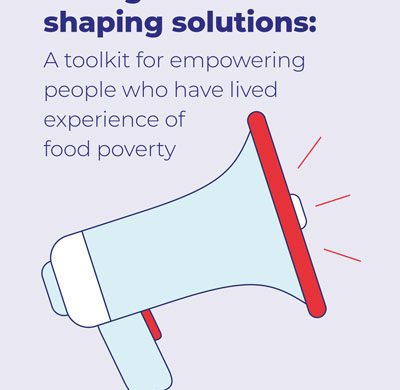
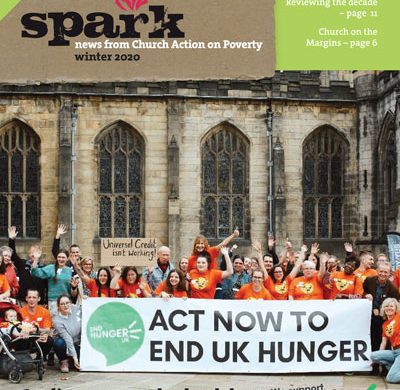

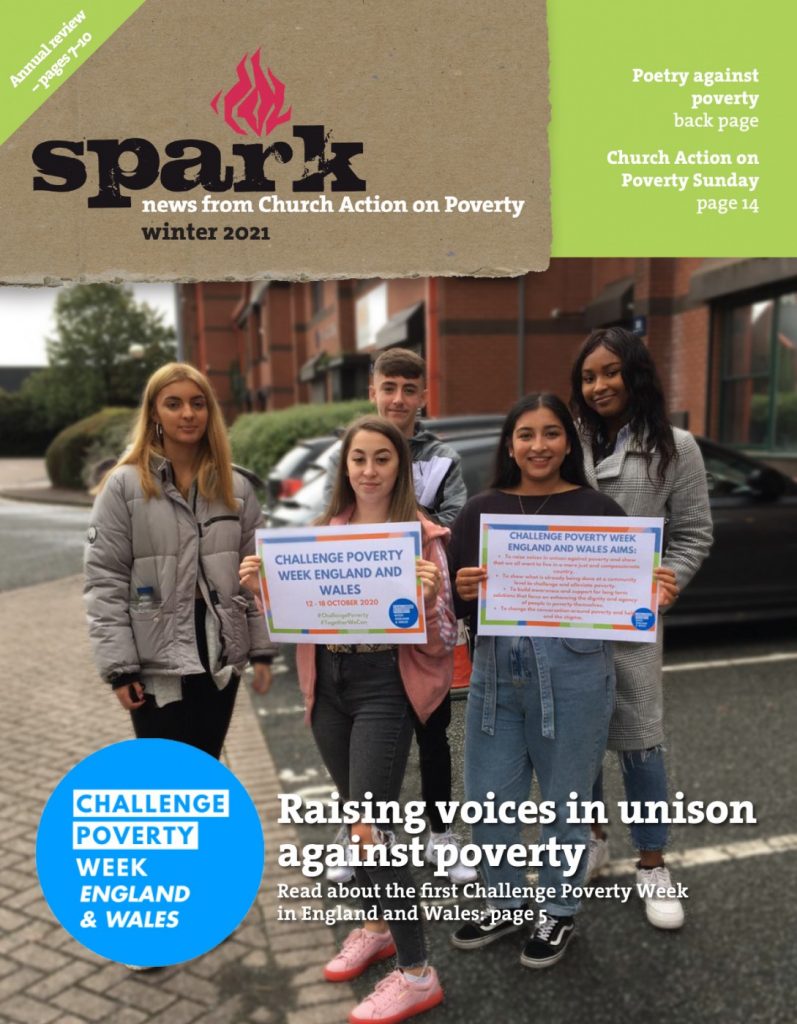
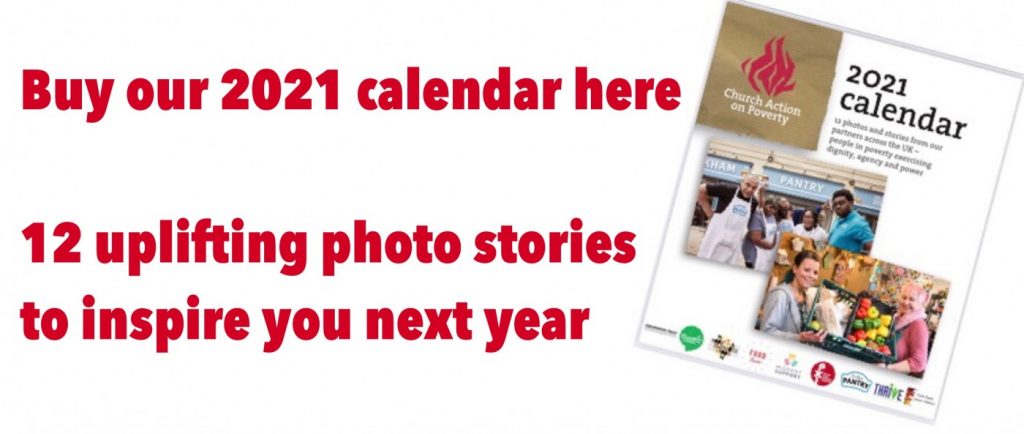
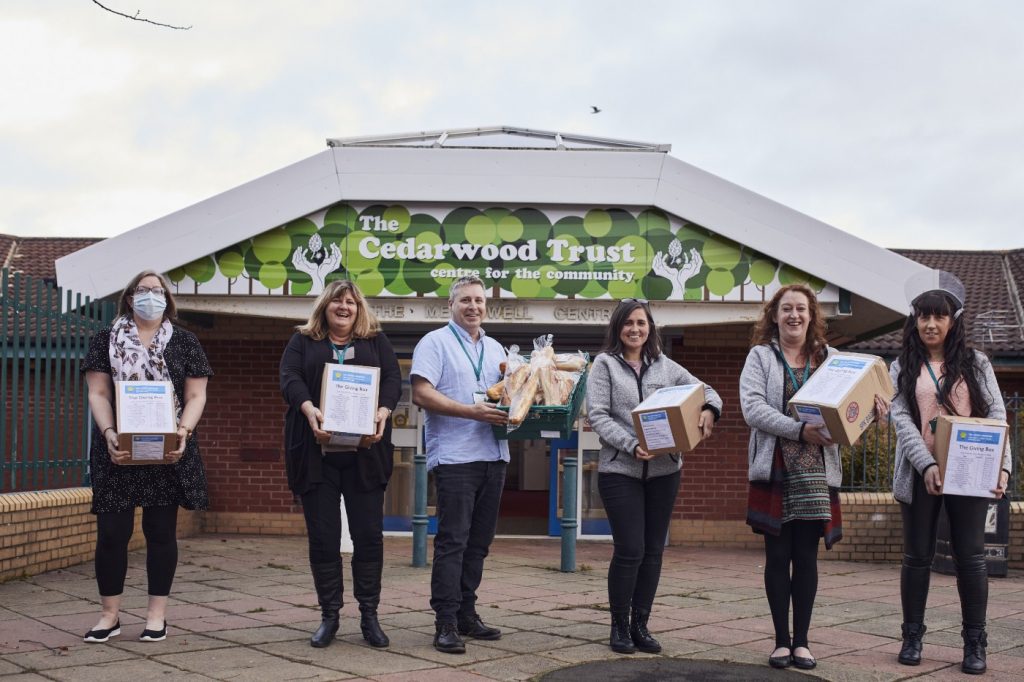
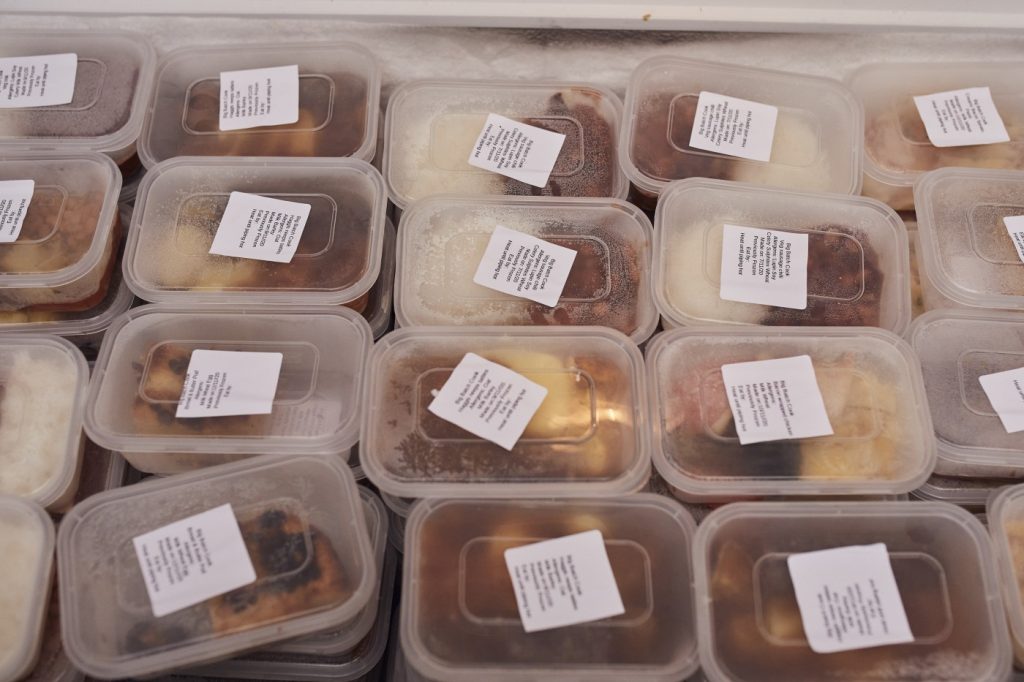
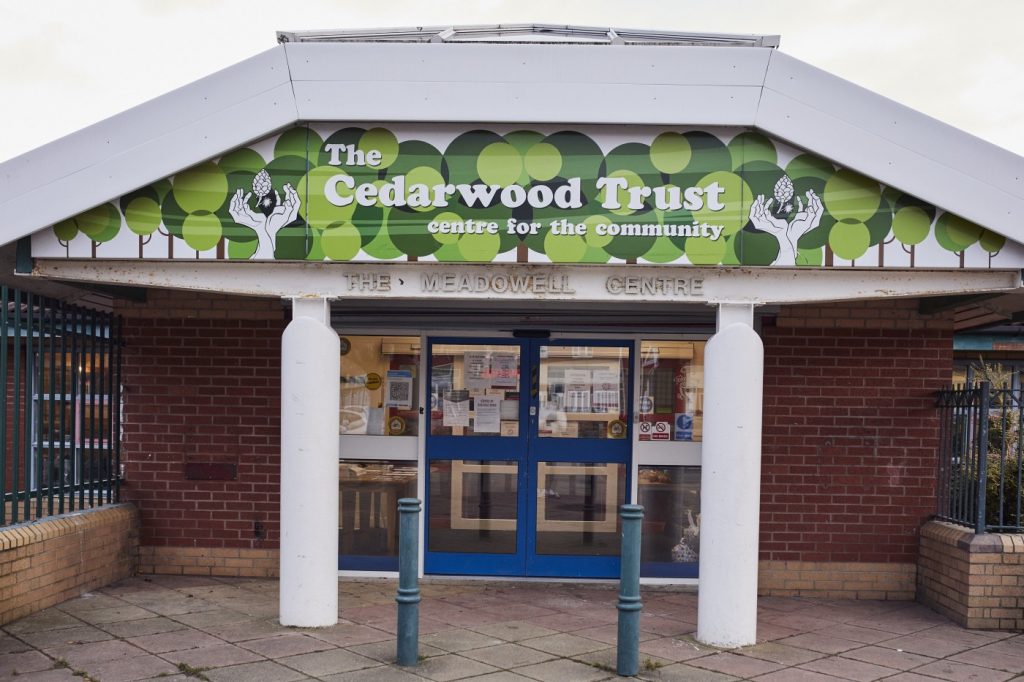
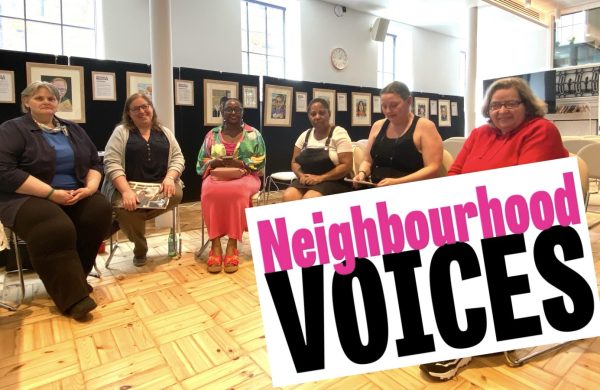
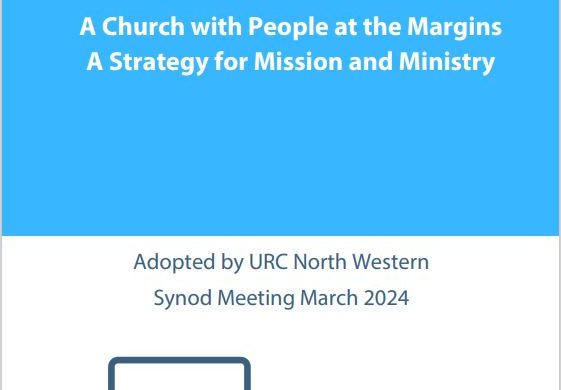
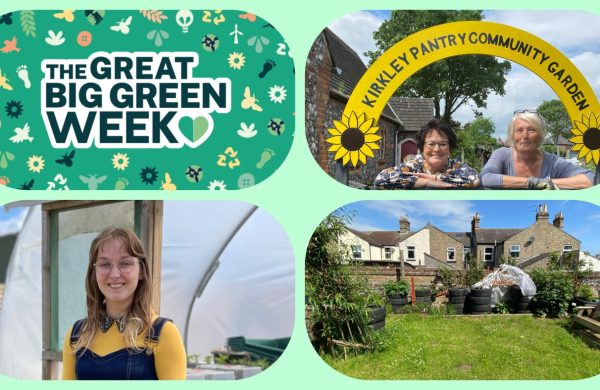

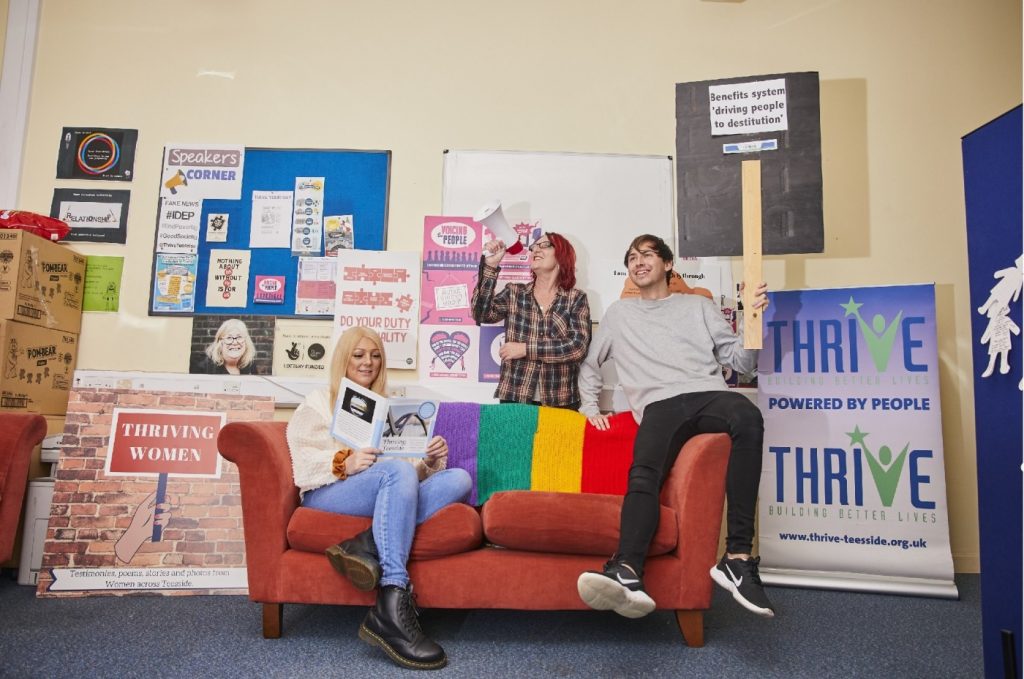
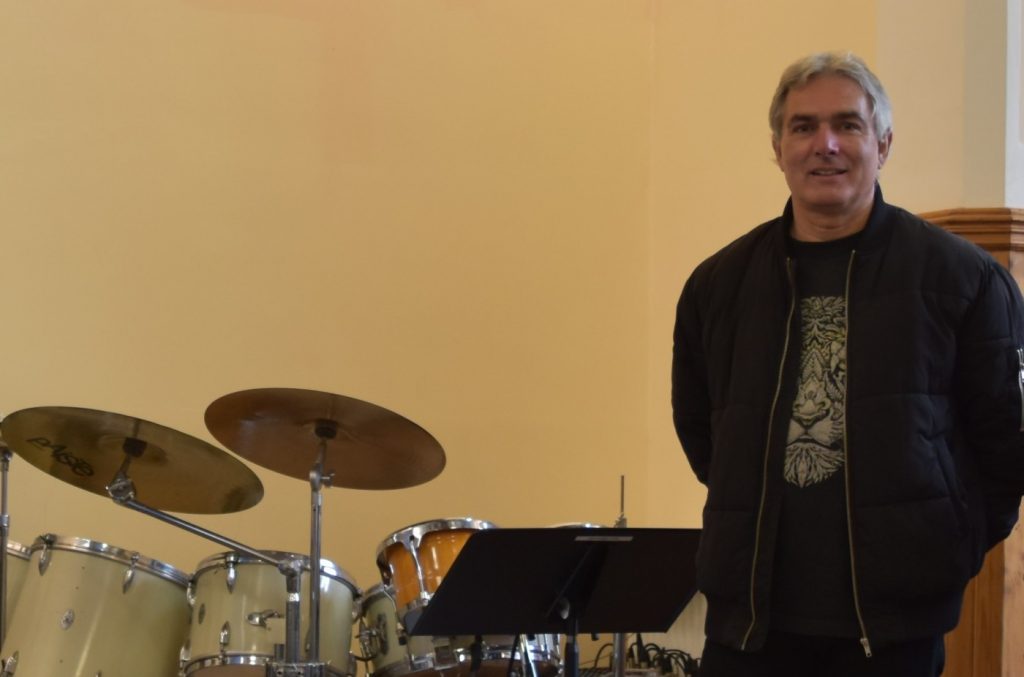
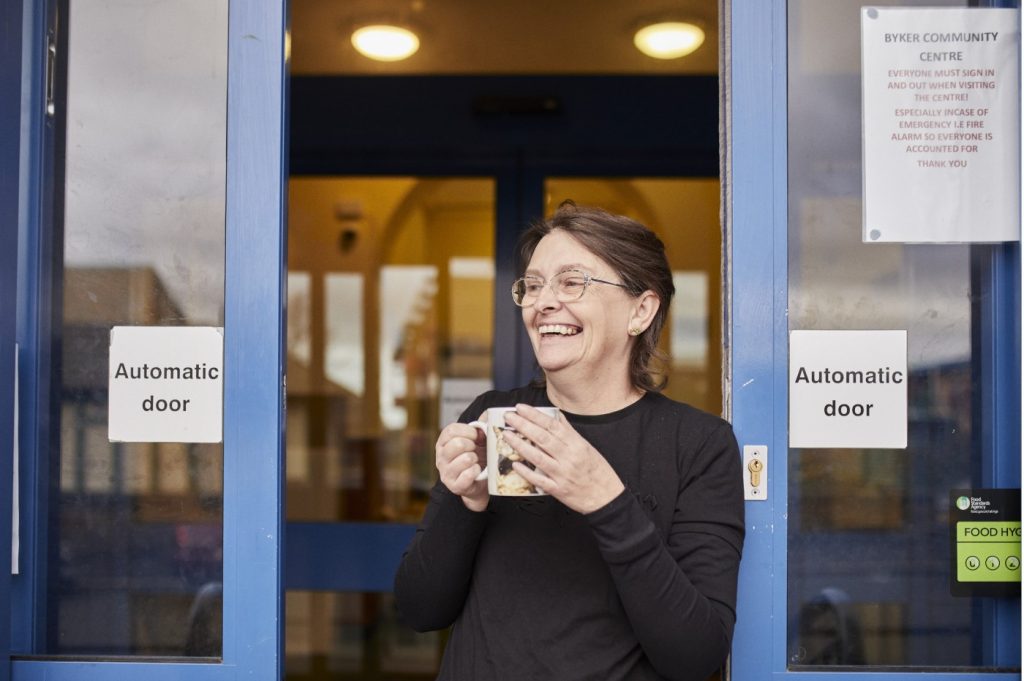
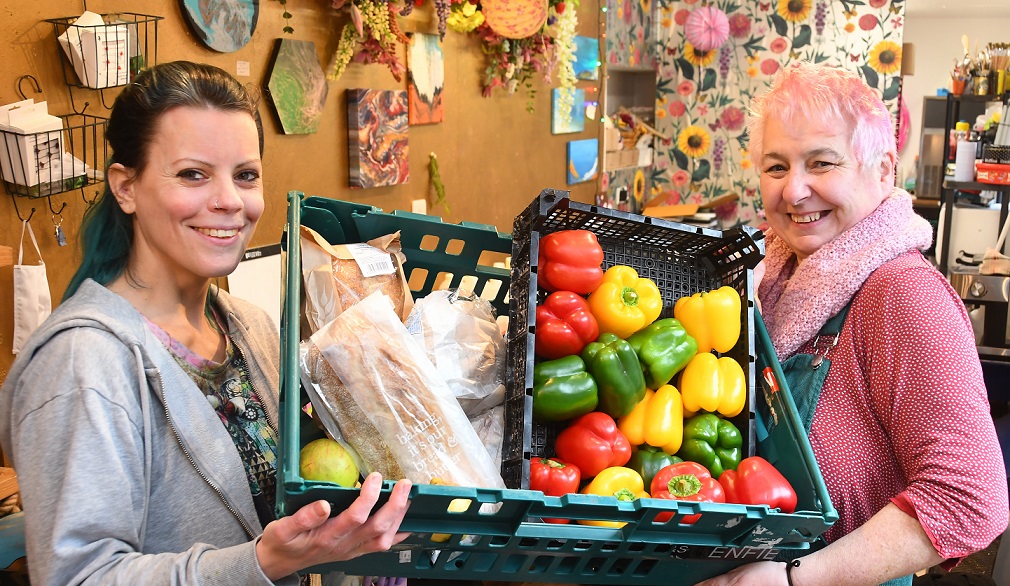
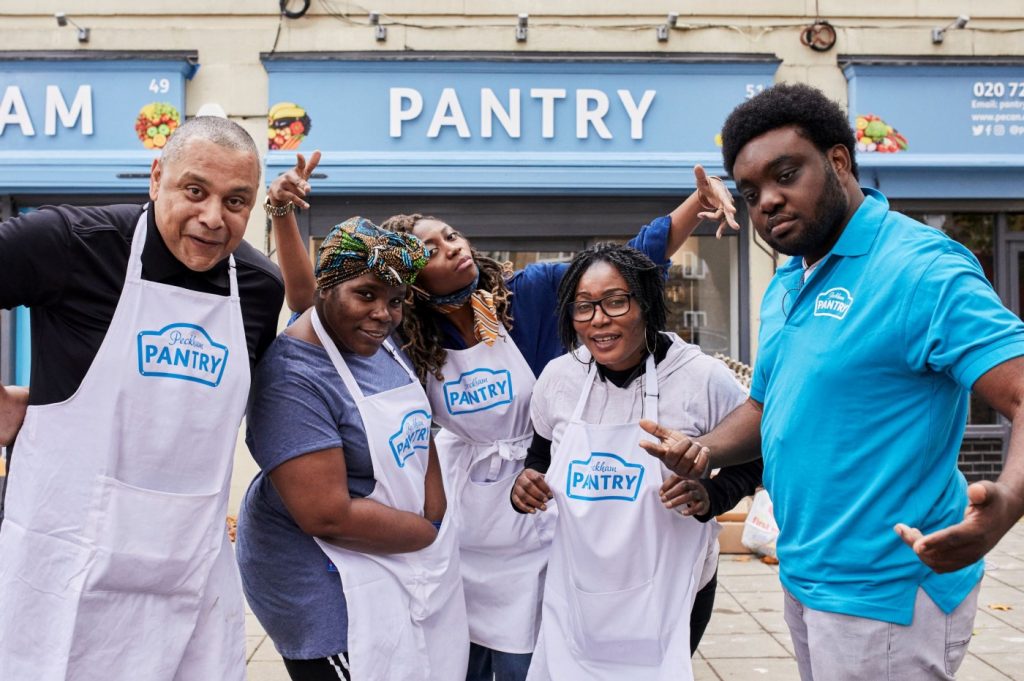
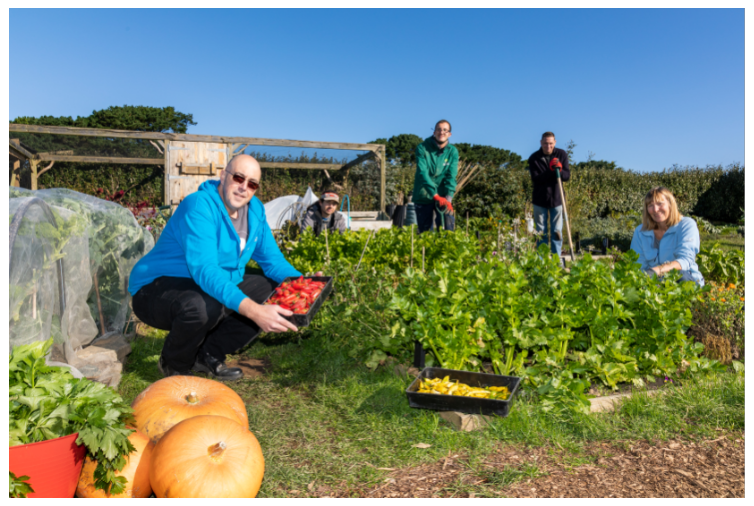
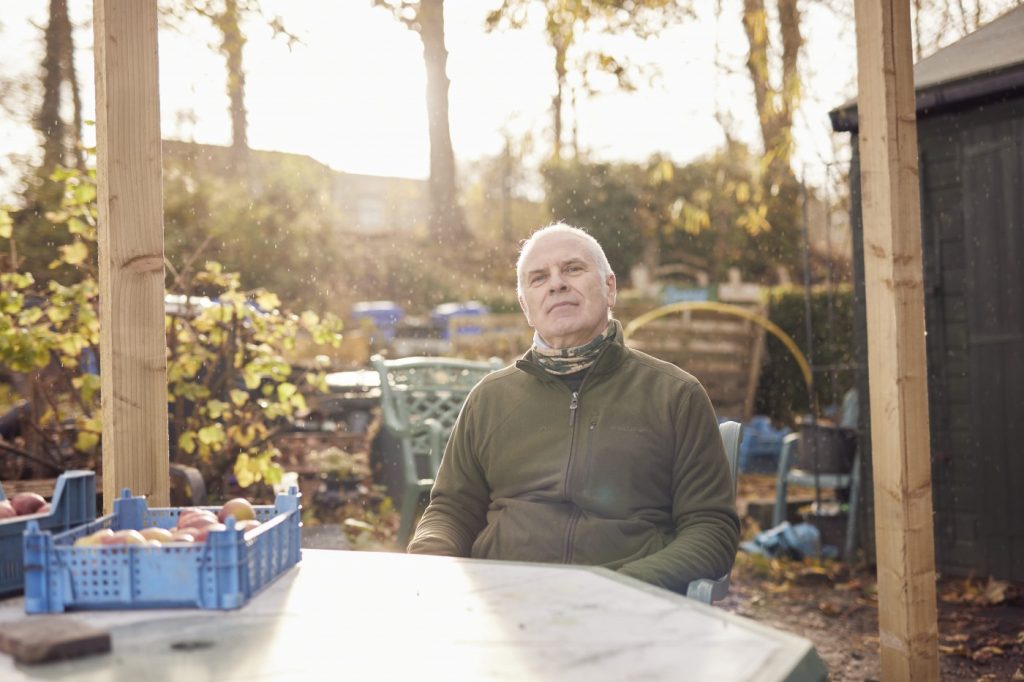

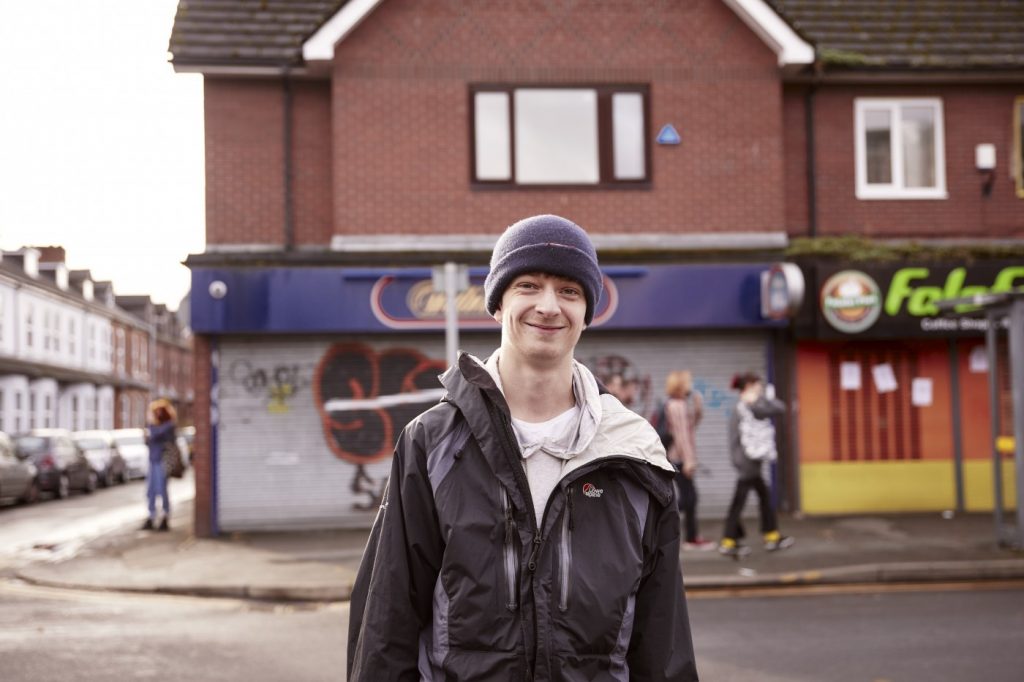
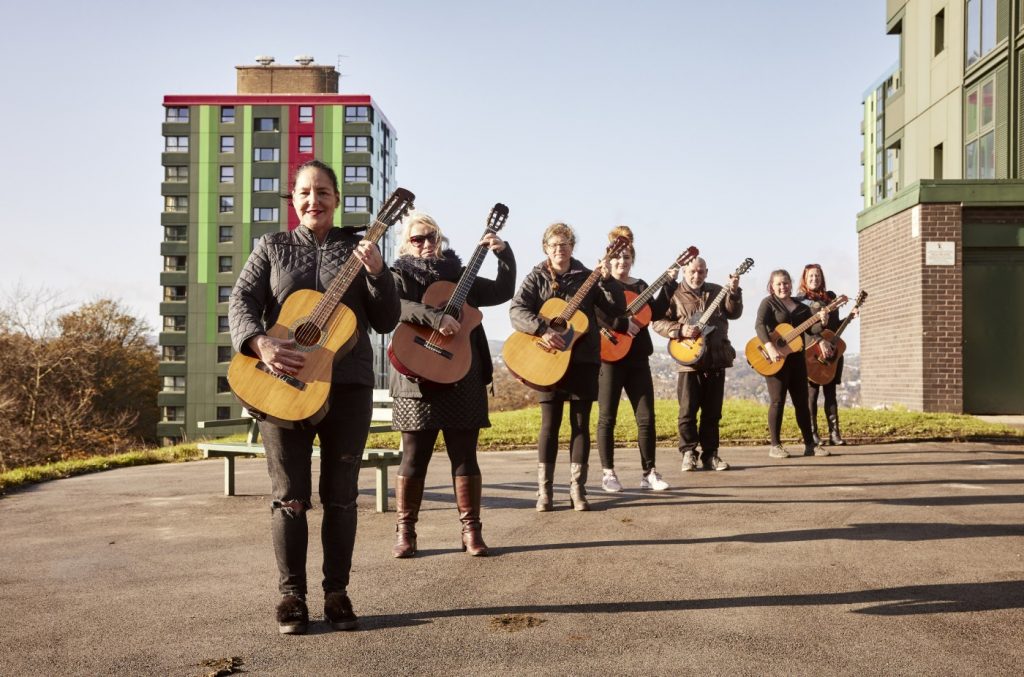
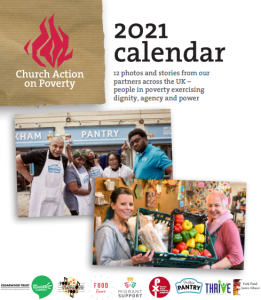

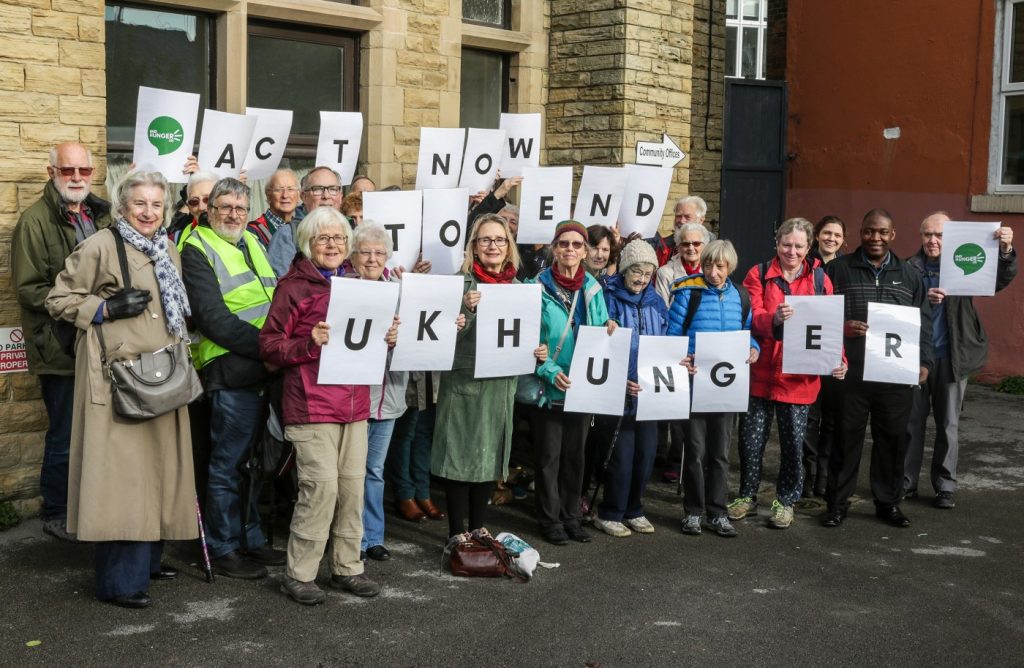
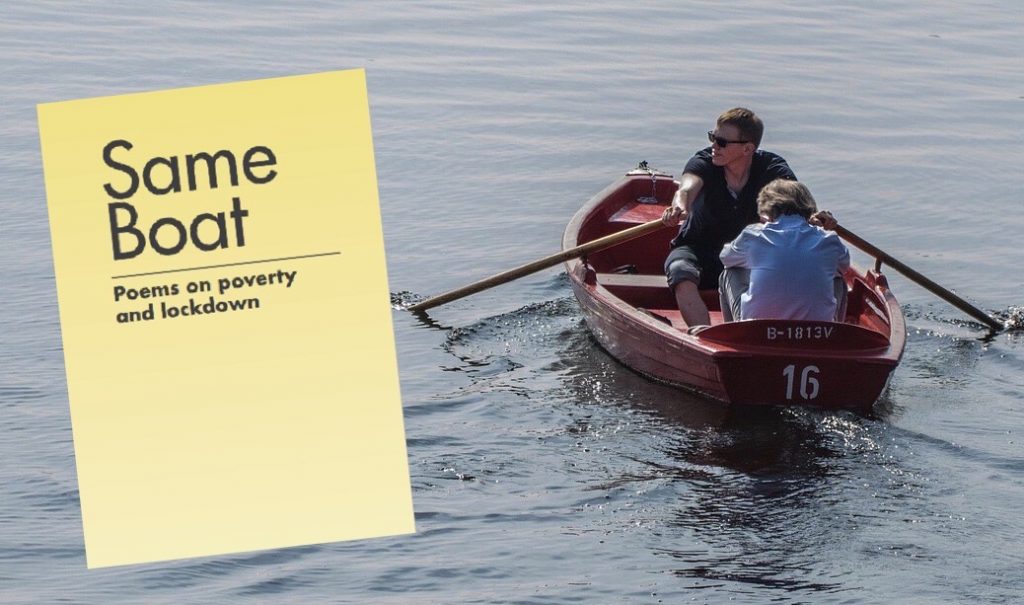
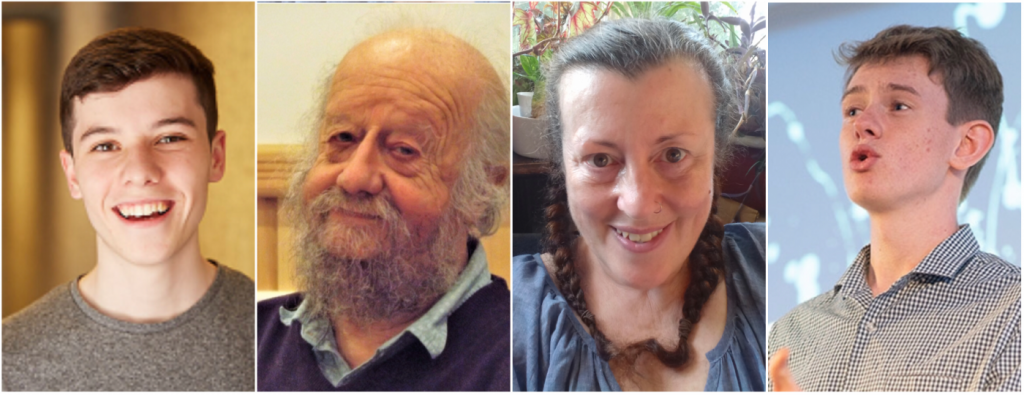
 Works include i have a voice by Penny Walters of Newcastle, which reflects on her determination to speak out against poverty, despite having “abused and berated downcast / shunned”, and 100 days by Earl Charlton, which reframes his experience from that of victim to expert. He writes: “being homeless before and living in social isolation, gave me the knowledge and sense to beat this complicated situation”.
Works include i have a voice by Penny Walters of Newcastle, which reflects on her determination to speak out against poverty, despite having “abused and berated downcast / shunned”, and 100 days by Earl Charlton, which reframes his experience from that of victim to expert. He writes: “being homeless before and living in social isolation, gave me the knowledge and sense to beat this complicated situation”.